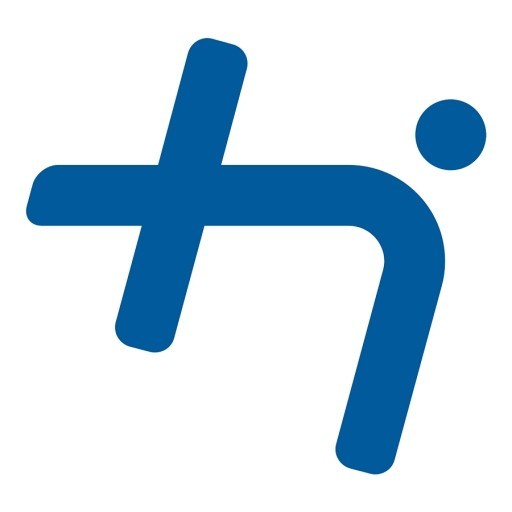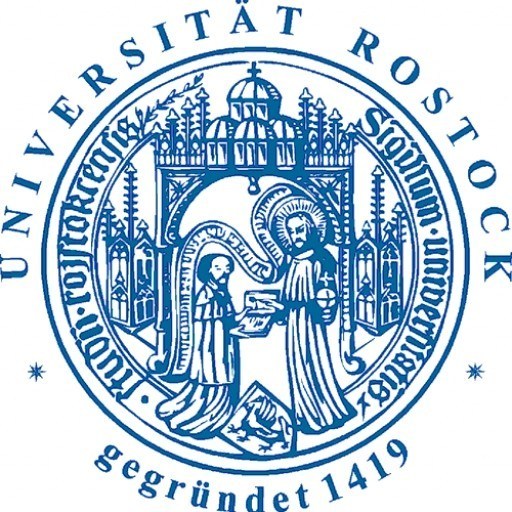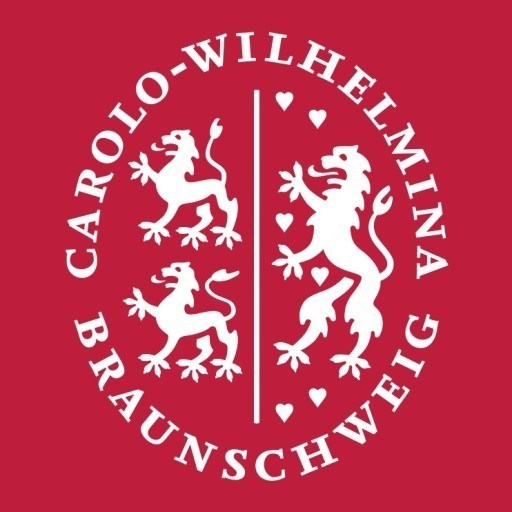The studies focus on:
mathematical logic, deduction systems, logic programming, formal software development methods, formal hardware design methods, semantics and logical principles of programming languages, deductive databases, logical principles of cognitive systems, formal methods in mechanics, logical principles and semantic construction of speech processing, mechatronics and formal methods, production systems and robotics.
mathematical logic, deduction systems, logic programming, formal software development methods, formal hardware design methods, semantics and logical principles of programming languages, deductive databases, logical principles of cognitive systems, formal methods in mechanics, logical principles and semantic construction of speech processing, mechatronics and formal methods, production systems and robotics.
Educational organisation
Lectures, tutorials and seminars take place in the first three semesters. The fourth semester is intended for preparation of the Master's thesis.The course structure is divided into:
- five compulsory basic modules: Foundations, Logic and Constraint Programming, Advanced Logics, Integrated Logic Systems, and Presentation and Communication Skills
- three of a total of four advanced modules selected by the student: Knowledge Representation, Theoretical Computer Science and Logic, Principles of Inference and Computer Science Engineering.
- a project
- the Master's thesis: the student should demonstrate his/her ability to solve a problem in Computational Logic or its applications independently using scientific methods.
Study abroad unit(s)
Students of the International MSc Programme in CL (MCL) should study at least one semester abroad, preferably at unibz (Italy).MCL is part of an European Master's Programme in Computational Logic, which is run together with the Free University of Bozen-Bolzano (unibz), the Universidade Nova de Lisboa (NOVA), the Technische Universität Wien (TUW). Students of the European Master's Programme study at TUD during the first semester, at unibz during the second semester, and select one of the partner universities for the second year of study.
Forms of assessment
Modules are examined in written or oral form after their completion. The project as well as the Master's thesis are to be defended.The two-year programme is worth 120 ECTS credit points and consists of:
- five compulsory basic modules comprising 38 ECTS credit points
- three selected advanced modules comprising 36 ECTS credit points
- a project with16 ECTS credit points
- a research Master's thesis with 30 ECTS credit points
Course objectives
The objective of this course is to impart to students the theoretical and practical knowledge required for professional practice in the field, to give them a survey of the individual disciplines of Computational Logic, and to develop their ability to work according to scientific methods. In addition, students are given the opportunity to plan their studies to fit a particular practical application. To acquire practice-oriented knowledge, they may choose appropriate combinations of modules. By means of visits or studies abroad and through exposure to English as the language of instruction, students will be prepared for the increasing internationality of science, commerce and industry.Language requirements
Applicants must prove their English skills with the following documents:- TOEFL report: 550 (paper-based, institutional testing programme), 79 (internet-based)
- or IELTS report: band 6.0
- or similar certificates
Academic requirements
- Qualified Bachelor's degree in computer science or mathematics or equivalent
- proof of above-average knowledge of the foundations of mathematical logic, artificial intelligence, declarative programming and theoretical computer science
- proof of sufficient knowledge of the English language (TOEFL, IELTS, or similar certificate)
Enrolment fees
The enrolment fee is currently about 260 EUR per semester and includes a semester ticket, which entitles students to use public transport in and around Dresden and regional trains within the federal state of Saxony. Additionally, it offers benefits (e.g. price reductions) for many cultural and leisure activities in Dresden.Costs of living
The cost of living varies according to personal needs and preferences. However, about 700 EUR per month represents an average budget for a student in Dresden, including expenses for accommodation, food, items of everyday life, and insurance.(This figure is relatively low compared to other big German cities.)
Job opportunities
In order to top up their budget, some students may want to look for temporary work in Dresden. If so, different regulations apply for students from EU member states, countries of the European Economic Area (EEA) and Switzerland, and students from outside the European Union and the EEA area. Please bear in mind that a temporary job is not easy to find. In addition, restrictions on the duration of employment may apply.Arrival support
The university provides counselling via e-mail and personal appointments regarding all matters related to arrival and living in Dresden, guided campus tours, and welcome receptions to which new students are invited to meet other students and professors.For PhD students and researchers, the Welcome Center also provides additional support services concerning visa issues, finding suitable accommodation, etc.
Services and support for international students
TU Dresden International Office offers a tutor network that helps new international students organise their studies. All international freshers are invited to an introduction day at the beginning of their first semester, on which they will also meet their tutors.Furthermore, the International Office's cultural office and various student initiatives provide a plethora of social and cultural activities each semester (guided city tours, trips in the region and to other cities in Germany or neighbouring countries, language tandems, etc.).
Accommodation
It is quite easy to find accommodation in Dresden. Accommodation is available either via the Studentenwerk Dresden or on the private market. Rent for a single room in a student residence is approx. 250 EUR.Private housing can be found online. We recommend moving into a hall of residence at the beginning of your stay in Dresden and later find a place on the private market or in a shared apartment, known in German as a "Wohngemeinschaft".









